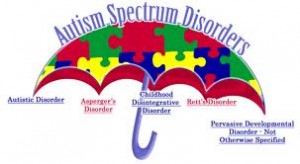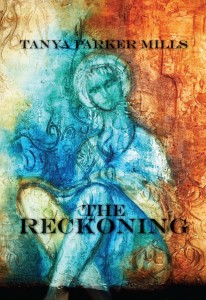Present word count of WIP: 39,556
Again, I didn’t have time to write and will definitely make up for it tomorrow. But yesterday was even more eventful for me than the first day was at the conference.
It started with next to no sleep the night before but, somehow, I dragged myself out of bed at 6:20 am for a 6:45 “All Star Breakfast” with the editors, agents, and faculty of the conference. The first 20 to register for the conference got this perk, even though I was feeling far from “perky” at that time of the morning. I certainly felt a lot perkier by the end, though!
You see, being the introvert I sometimes am, I headed for the unoccupied table in the back (forcing my roommate, Bonnie Harris, into my introverted ways, I’m afraid…but I think she was grateful in the end) then waited to see if anyone would join us. Susan Aylworth did and then, lo and behold, in came the top agent I’d pitched the day before–Jane Dystel of Dystel & Goderich–and she makes her way all the way back and sits down right next to me. She had asked to see the full of “Laps” the day before but I wasn’t sure if she was truly interested (after all, I’d submitted it to their agency two years earlier, though to a different agent) or simply being kind and encouraging…which she is. Then, five minutes later, we are joined by Linda Mulleneaux with Walnut Springs. In the course of conversation, Jane was describing her typical day at the office back in New York and I asked about her client list. She said she had approximately 50 active clients and perhaps 250 total, including the inactives.
Then she mentioned that she’d be having dinner that night with one of her clients there in Phoenix. Inside I’m thinking, “What a coincidence, since in my novel my reclusive protagonist is an author whose New York agent comes out to Phoenix to try and talk her into doing a book tour…so I was glad to hear that they really do make visits in this day of cell phones and email.” But I wasn’t about to mention that because we were having a great, relaxed conversation ranging from politics to publishing and I’d already done my pitch.
That was when Linda spoke up and potentially did me the greatest favor. Pointing to me, she said something like, “You know, Tanya here has written a terrific book. I’m only a few chapters in, but I’m loving it. It’s got this great beginning with this woman finding one of her students dead in her pool and the poem he’s left her is so wonderful.”
Jane looked more intrigued and seemed to want to know more so I explained the setup to the novel in a bit more detail then added that I also had a NY agent visiting my protagonist in Phoenix in my story. Linda then said something about how excited she’ll be to finish it and see it published. At that point, I turned to Jane and said, “Maybe I shouldn’t bother sending it to you in that case” and she said, “Oh no, I’d like to see it!” She then turned to Linda in full agent mode (this is no doubt what makes her a great agent…she never lets an opportunity for a deal pass by, big or small) and asked what kind of advances they gave. She was surprised to hear they didn’t provide any, but she pressed on, asking about their royalty rate (10-12%).
Linda, recognizing Jane’s interest, told me I should definitely submit it to Jane. Let me tell you, I walked away from that breakfast more than satisfied!
Later that morning when I had my scheduled pitch with Linda (which now almost seemed unnecessary though it gave us a chance to talk about the book more), she was very kind and supportive about my possibilities for a bigger market. If it turns out to be a rejection from Jane, though, I will go ahead and contact Linda, for sure.
I also pitched School of Guardians to Anita Mumm with Nelson Literary that morning and she wants me to submit the first 30 pages when I’ve got it completed. So I headed for lunch, having batted a thousand over the course of the 2-day conference: 3 requested submissions (Jane, Anita, and Lisa Mangum of Shadow Mountain, an imprint of Deseret Book) and a potential deal for Laps with Walnut Springs should Jane turn it down.
Now, I’ve been to enough writers conferences to know that all four possibilities may well evaporate in the end, but at the very least, I know I’m getting closer to my goal. And, as Lisa said in her empowering keynote speech at the close of the conference, our dreams are closer than we may imagine.
At lunch, like icing on the cake, I was announced as the 3rd place winner in General/Women’s Fiction for my beginning of Laps…and the 2nd place winner in Youth Fiction for my beginning of School of Guardians. These announcements were made in front of those editors and agents to whom I’d pitched those works. I was even happier when Bonnie (who also got a request for her full mystery manuscript from Jane) was announced as the Grand Prize winner of ANWA’s first BOB (Beginning of Book) Contest!
The ANWA Conference is getting bigger and better and, needless to say, it was well worth my registration, flight, and a few sleep-deprived nights!
My only disappointment for the weekend: not enough of an opportunity to have a long, deep discussion about LDS fiction and our role as writers who are LDS with Bonnie and my other roommate, Heather Moore. Since Heather’s going to be the featured guest at this year’s Northwest Writers Retreat in November, however, I still hope to have that opportunity.
Originally posted 2012-02-26 11:32:35.




